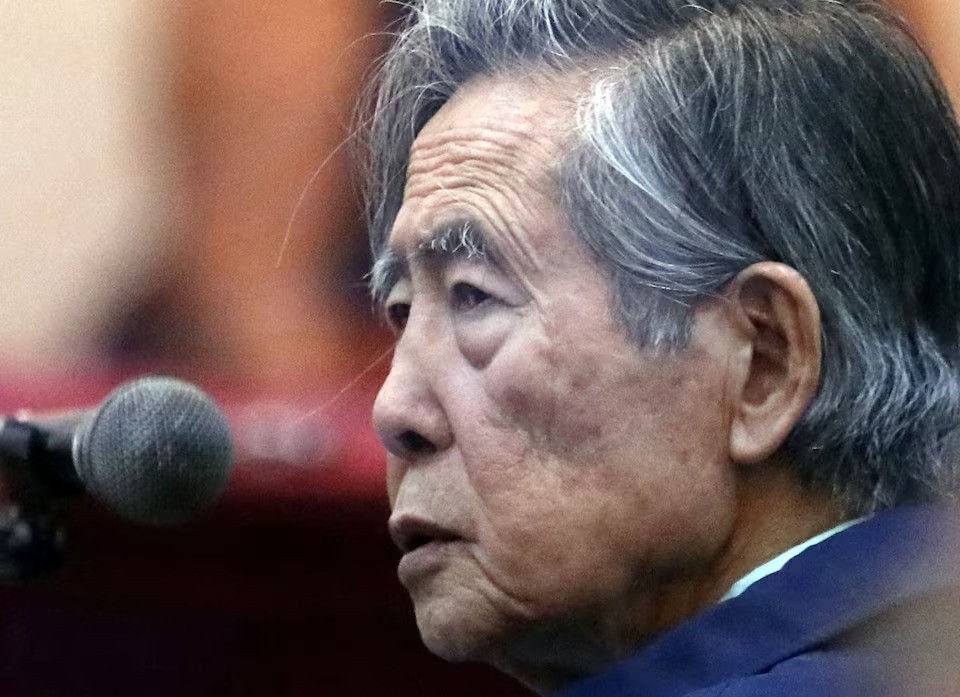LIMA:
Former Peruvian president Alberto Fujimori, known for his economic reforms and controversial leadership during the 1990s, died at 86 after battling cancer. Fujimori, the son of Japanese immigrants, was elected in 1990 and quickly established himself as a strategic politician.
He implemented significant reforms, including tackling hyperinflation and privatising state-owned companies, which laid the foundation for Peru’s economic stability.
His leadership also saw the capture of Abimael Guzmán, leader of the Maoist Shining Path, severely weakening the insurgency that had threatened the state.
However, Fujimori’s tenure was marred by autocratic actions, including shutting down Congress in 1992 to consolidate power and introduce new anti-terrorism laws.
Despite his achievements, public opinion shifted against him due to corruption scandals, particularly after videos surfaced of his advisor, Vladimiro Montesinos, bribing politicians. Following these revelations, Fujimori fled to Japan, where he resigned from office and lived in exile.
In 2005, he made a surprising attempt to return to Peru, seeking political forgiveness, but was instead detained in Chile and extradited. In 2009, he was convicted of human rights abuses and corruption, receiving a 25-year prison sentence.
Fujimori’s health deteriorated in prison, with multiple hospital visits, though critics questioned whether his ailments were exaggerated to secure release.
In 2017, then-president Pedro Pablo Kuczynski briefly pardoned him, but this decision was overturned months later. Fujimori was finally released in 2023 after a court reinstated the pardon, following severe health issues, including cancer.
Fujimori’s political legacy remains divisive. While some praise his role in stabilising Peru’s economy and defeating insurgencies, others condemn his authoritarian tactics and human rights violations.
His daughter Keiko Fujimori, a prominent political figure, has been a staunch defender of his legacy, advocating for his pardon and seeking to continue his political influence. Fujimori’s rise from a little-known academic to a transformative yet controversial leader has left a lasting impact on Peru’s political landscape.
